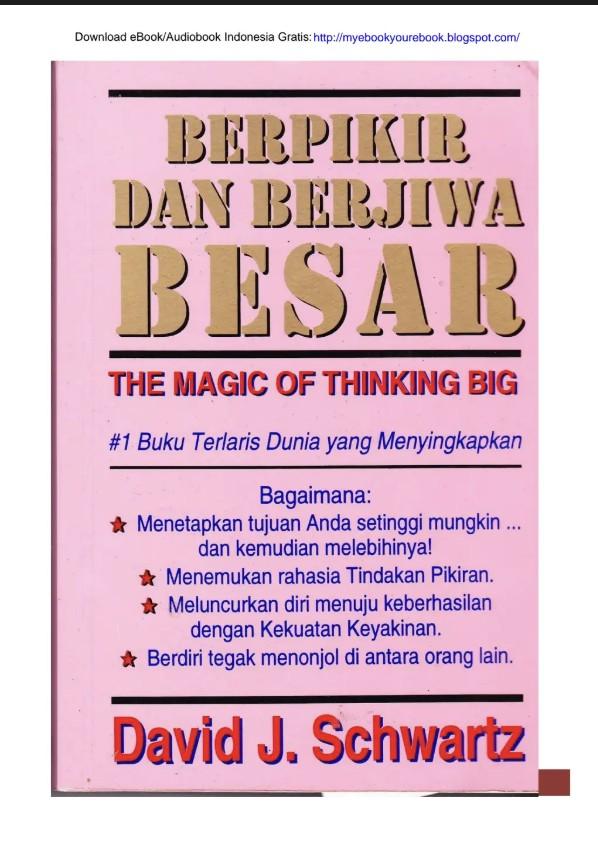Dalam bidang bisnis modern, istilah manajer dan manajemen sering kali diucapkan. Tidak dapat kita bayangkan perusahaan-perusahaan modern, tanpa adanya manajer dan aktivitas manajemen. Apakah yang kiranya dimaksud dengan istilah manajer (manager)? Rumusan berikut memberikan pemahaman umum tentang konsep tersebut.1 ... Manajer ... dalam penafsirannya yang paling fundamental, berarti seorang yang menduduki posisi formal tertentu di dalam sebuah organisasi formal, yang bertanggung jawab terhadap sedikitnya pekerjaan satu orang (bawahannya) dan yang mempunyai wewenang atau otoritas formal atas orang tersebut. Merupakan kebiasaan pada perusahaan-perusahaan tertentu, untuk menetapkan jumlah minimum orang-orang atau bawahan, di dalam suatu kelompok tertentu sebagai faktor yang menentukan, atau sebagai salah satu faktor yang turut menentukan, dalam hal menerapkan nama jabatan “manajer” Buku persembahan penerbit PrenadaMediaGroup
... Company , New York , 1977 . Herbert , Theodore T. Dimensions of Organizational Behavior , Mac Mili- an , Publishing Company , New York , 1976 . Homans , George C. The Human . Group , Harcourt Brace & World , New York , 1950 . Jewel ...










